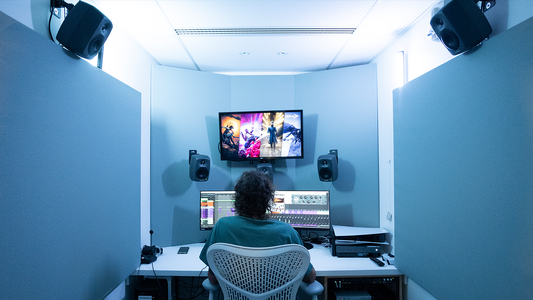“Essentially, [adding more characters] is a can of worms—a real big and expensive can of worms.”
-Fullbright co-founder Karla Zimonja in an interview with Waypoint
While the small development team behind Gone Home and Tacoma, may have contributed to the studio’s decision to keep each game’s non-player character count to a minimum, Fullbright co-founder Karla Zimonja says there were other benefits to creating games with a small cast.
”When we think of it, Gone Home was based off of some other aspects of the BioShock series, because the characters that you interact with, that aren't enemies, are usually obstructed from the player," Zimonja explained in an interview with Waypoint.
She notes that creating an isolated space where the player gains knowledge and a sense of place from their own perceptions of the environment can be a powerful tool for making players feel more involved in the game as a whole.
“It's really powerful to give the player bits of information and allow them the space to connect those things,” she said. “[It] gives the player the benefit of the doubt and makes them more participatory."
But keeping rosters small can also give developers more space to focus on things like narrative and environmental storytelling, especially when a team is small in numbers. She says that a number of other considerations come into play once devs decide to place a character in a scene that can potentially detract from other areas of development or even the player’s immersion when the game is finished.
“Firstly, they have to look acceptable, which can be pretty broad given [the many] styles of character design and execution. If they're literally around you, they have to interact with you, or the developer has to think of a really good reason why they wouldn't. You must be able to speak to them, probably, and how does that happen? Essentially, [adding more characters] is a can of worms—a real big and expensive can of worms."


































